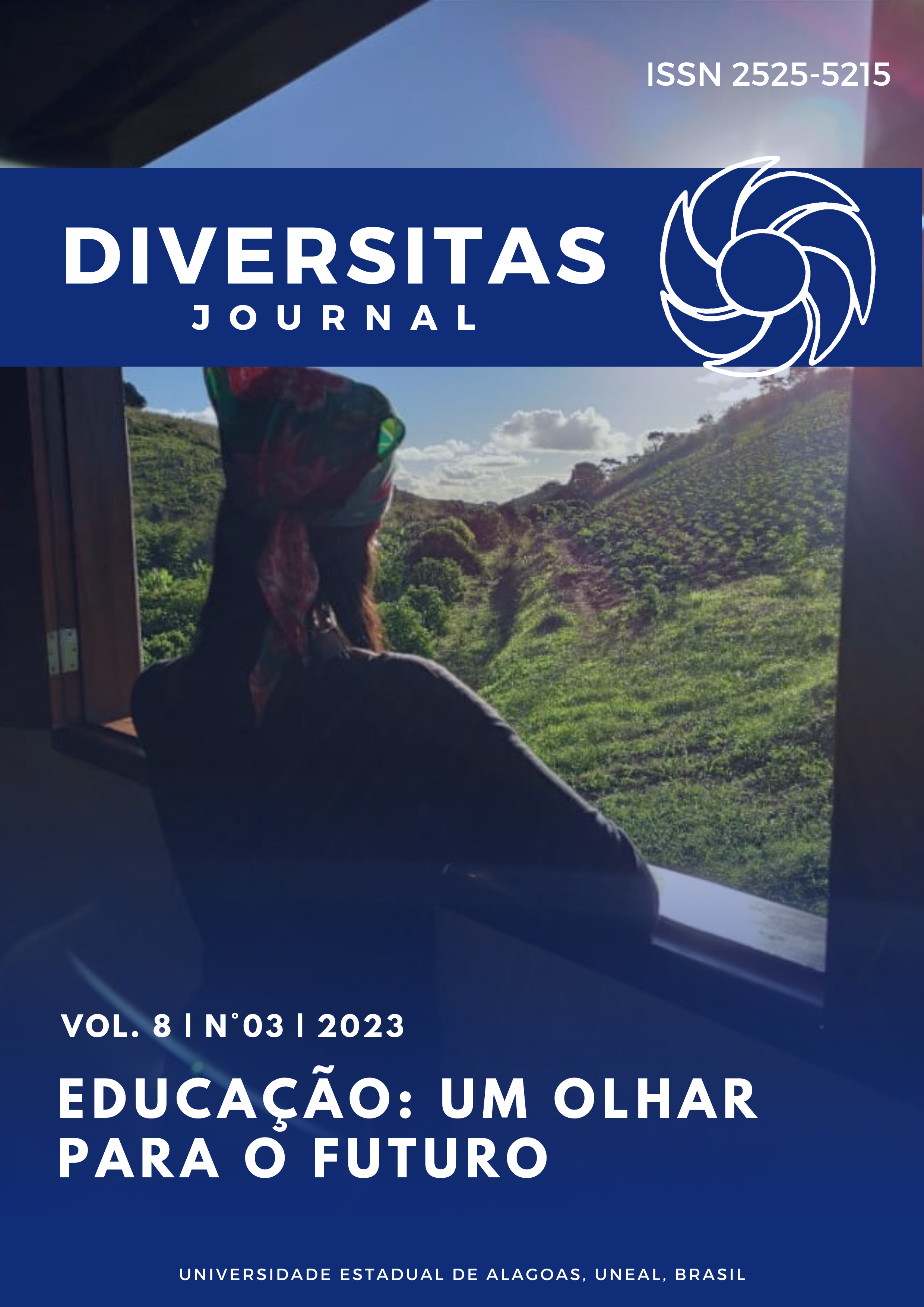Developing a University Extension Programs Gateway Services Information System
A Baseline Survey
DOI:
https://doi.org/10.48017/dj.v8i3.2646Keywords:
University Social Responsibility, Extension programs, gateway Information SystemAbstract
Universities are increasingly adopting and engaging in social responsibility awareness activities. University Social Responsibility (Hollister, R. 2016) are manifested in universities through implementing extension programs that enable them to associate with different beneficiaries. With the help of technology, people are able to access enormous amounts of information in a more convenient way. Thus, the use of technology would be able to address the need for social responses of the university to be more effective. The main objective of the study is to develop a system gateway for universities, beneficiaries, and sponsors of extension services. The research design used in the study is quasi-experimental design. The proponent conducted this study among the faculty members of Quezon City University totalling to 50 respondents. Whereas the proponent applied the Agile Development Model in building the prototype of the Gateway Services Information System, and used PHP and MySQL to develop the software. Based on the findings, the study concluded that: the respondents agreed that the continuous engagement of social responsibility programs provide a positive impact on both the university and the beneficiaries, and recommended that such usage of a gateway system will bring more ease and effectively of the process, resulting to a more positive impact. Overall, the respondents find the extension programs as effective. The findings suggest that respondents perceive capability training program, community outreach program, and high-impact, long-term integrated community-based development program as effective for the beneficiary, and it is recommended that such programs should be expanded to a more sets of program options and types. The respondents also agreed that strategies in implementing extension service programs are successful, and it is suggested that the gateway information system should have a more complex communication capable of catering such preparation activities for implementation. The respondents also strongly agreed that the key factors are critical and important for sustainability and is recommended that such complex planning and management of an extension program should be catered by the system. Overall, the assessment of the respondents agreed that the gateway software is capable of addressing the needs of both universities and beneficiaries, and it is recommended that the gateway information system will be accessible to all possible educational institutions which seek to give aid to beneficiaries.
Metrics
References
Alzyoud, S. and Bani-Hani, K. (2015). Social Responsibility in Higher Education Institutions: Application Case from the Middle East. European Scientific Journal March 2015 edition vol.11, No.8 ISSN: 1857 – 7881 (Print)
e – ISSN 1857-7431.
Bidad, C. and Campiseño, E. (2010). Community Extension Services of SUCs in Region IX: Basis for a Sustainable Community Enhancement Program. E-International Scientific Research Journal ISSN: 2094-1749 Volume 2, Issue 3, 2010.
Geryk, M. (2016). Social Responsibility of the University. Retrieved from http://www.geryk.pl/en/wp-content/uploads/2016/05/ Geryk_Social_ responsibility_of_the_university.pdf
Glavič, P., Lukman, R., Mulej, M., Korže, A., Bavec, M., Vuk, D., Kante, B., Rebolj D. (2007). A Sustainable and Socially responsible university. University of Maribor
Gribbons, Barry & Herman, Joan (1997). True and quasi-experimental designs.Practical Assessment, Research & Evaluation, 5(14). Retrieved from http://PAREonline.net/getvn.asp?v=5&n=14.
Hollister, R. (2016). Could Asia lead on university social responsibility? Retrieved from http://www.universityworldnews.com/article.php?story=20161114182250449
Quezada, E. (2014). Effectiveness of Community Extension programs and services. SDSSU Multidisciplinary Research Journal Vol. 2 No. 1. January-June 2014
Rosenbaum, P., Rubin D. (1983). The central role of the propensity score in observational studies for causal effects. Oxford University Press
Weiss, B. (2016). - The rise of social responsibility in higher education. Retrieved from http://www.universityworldnews.com/article.php?story=20160811095808959.
Downloads
Published
How to Cite
Issue
Section
License
Copyright (c) 2023 Ryan Arago

This work is licensed under a Creative Commons Attribution 4.0 International License.
The Diversitas Journal expresses that the articles are the sole responsibility of the Authors, who are familiar with Brazilian and international legislation.
Articles are peer-reviewed and care should be taken to warn of the possible incidence of plagiarism. However, plagiarism is an indisputable action by the authors.
The violation of copyright is a crime, provided for in article 184 of the Brazilian Penal Code: “Art. 184 Violating copyright and related rights: Penalty - detention, from 3 (three) months to 1 (one) year, or fine. § 1 If the violation consists of total or partial reproduction, for the purpose of direct or indirect profit, by any means or process, of intellectual work, interpretation, performance or phonogram, without the express authorization of the author, the performer, the producer , as the case may be, or whoever represents them: Penalty - imprisonment, from 2 (two) to 4 (four) years, and a fine. ”


















